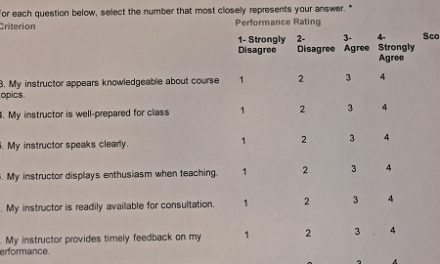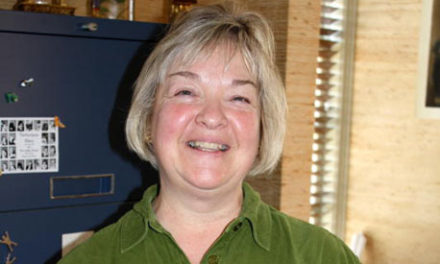By Shenandoah Lush, The Whetstone
In 2013, suicide was the tenth leading cause of death for all ages.
It was the second leading cause of death for college-age adults.
When it comes to educating students about suicide, senior Matt Horton said Wesley still has a long way to go.
“I know there are people here (who provide counseling services), but students just don’t know about it,†he said.
Horton said most Wesley students do not know who on campus to reach out to when they are feeling overwhelmed or depressed—especially if they are experiencing suicidal thoughts.
“Counselors don’t reach out as often as they should,†he said. “There is a lack of communication between staff and students.”
The Wellness Center started a group called the Suicide Outreach and Adolescent Resiliency network (SOAR), supported by the Mental Health Association in Delaware (MHAD). The group educates Wesley students about suicide and depression.
SOAR and MHAD hosted an event Feb. 28 in Malmberg Hall for students and faculty.
The event was based on the documentary “The Truth About Suicide: Real Stories of Depression in College,†in which students, data, and research illustrate the causes of depression and suicide.
Wesley members discussed how the college should work to alleviate some of the stressors that potentially act as factors in student suicides.
Jennifer Seo, project director of suicide prevention at MHAD, said Wesley needs to become “suicide aware.â€
“I want students to feel comfortable talking about the struggles they are going through, whether it’s to a trusted peer, a professor they really like, or even a school counselor,†she said.
Three percent of college students make plans to commit suicie, while eight percent of college students experience suicidal thoughts, according to a 2015 Centers for Disease Control report.
Seo said students are usually surprised at these statistics. She said she hopes groups like SOAR will change that.
Ann Rogge, director of counseling services, said the goal of SOAR is to normalize conversations about suicide and depression on campus.
“One of the hardest things to ask a friend or family member is, ‘Are you thinking about killing yourself?’†she said.
Rogge said she hopes SOAR will promote outreach among students who are either experiencing suicidal thoughts, or suspect that a friend, family member, or peer is.
Seo said the first step is to fight the taboo of suicide.
“When you hear words like ‘mental health’ or ‘suicide prevention’ it stirs this stigma-related response,†Seo said.  “I think we notice the warning signs, but ultimately we are afraid to approach it because we are afraid of opening up.”
Horton said he agreed.
“It is an uncomfortable topic to talk about,†he said. “It’s a word with a lot of fear in it.”
Seo said she wants to see unity when it comes to taking action, and talking about the subjects of depression, and suicide.
“I hope that we will normalize resilient behavior, and promote a discourse that validates the day-to-day struggles of people with depression and people who are suicidal,†she said. “I think by doing that, we can reduce that rates of youth suicide, as well as create a healthier, resilient society.â€
National Suicide Hotline: 1-800-273-TALKÂ
Crisis Text Line: Text TALK to 741-741
Wesley College Counseling Services:Â 1-302-736-2445*
*Wesley College offers free, confidential counseling services at the Wellness Center. They are available by appointment from 8:30 am – 4:30 pm, and are closed during lunch.




